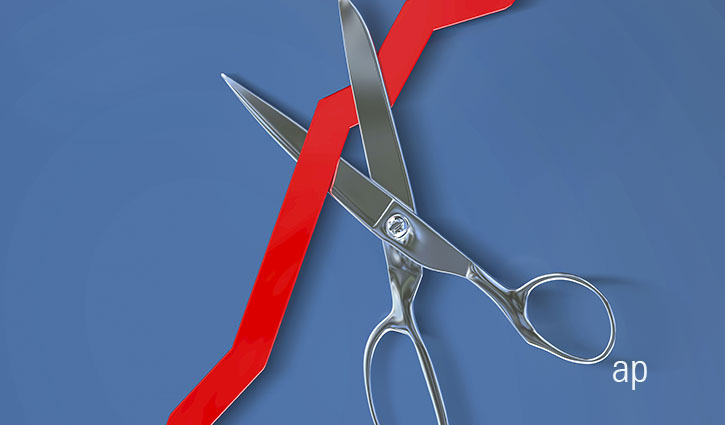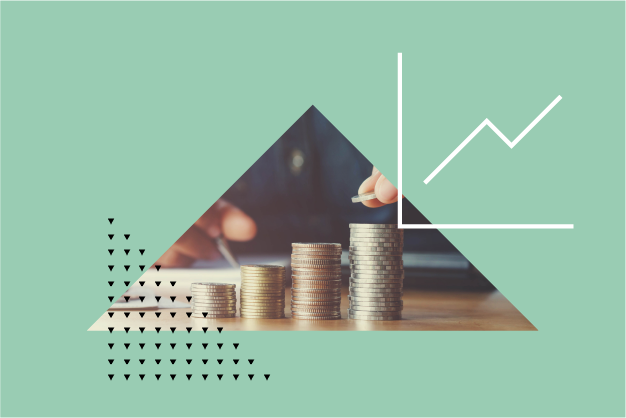
Dividends are the key thing that many investors want from a holding, but are these income payouts really as important as people seem to think?
Because, while there are plenty of reasons to like dividends (they indicate a disciplined company, boost your returns, and are a sign that a business values its shareholders, to name just a few) they are not the only way to generate and income. And for younger investors, still building up their savings pot, the income may not be all that important anyway.
Here are some reasons that investors might consider moving dividends down their priority list:
1. Companies Can Reward Shareholders in Other Ways
For the uninitiated, a dividend is a way that companies return some of their profits to their shareholders. But they are not the only way that firms can do this. Some businesses prefer to use share buybacks as a tool to reward their investors. This is where the company buys back its own stock. As well as pushing up the share price, this reduces the number of shares in issue, giving each investor a greater ownership stake in the business.
2. Growth Can be More Rewarding
Other companies prefer to plough their spare cash back into their business so that it can grow further. These are, as you might have guessed, known as growth companies. Shareholders of such firms enjoy the fruits of this strategy as the business grows and – hopefully – the share price increases, giving them a capital return. “In theory, if you have great growth opportunities why would you want to distribute profits to shareholders when you could use it to generate capital returns,” says Mike Coop, portfolio manager at Morningstar Investment Management. But he says it is important that companies are growing and expanding in a sensible and sustainable way or they could end up destroying their value rather than growing it.
3. Yields Can Be Misleading
Yield is often the starting point for many income-seeking investors and it’s easy to assume that the higher the yield, the better the income. But dividend yield is a fluid metric, and a very high yield can actually indicate a company in distress. Dividend yield is simply the company’s dividend expressed as a percentage of its current share price. A stock with a share price of 100p which pays a dividend of 5p a share would have a dividend yield of 5%. If the share price plunges to 50p then the 5p dividend is now equivalent to a yield of 10%. That might sound appealing, but a share price that has halved sounds like cause for concern.
4. And Dividends Can be Too
Sometimes companies get locked into paying a dividend they can’t really afford because they fear the market reaction if they were to reduce or cut it. Dan Whitestone, manager of BlackRock Throgmorton Trust (THRG), says this had happened in the run-up to the Covid-19 crisis: “Too many companies had become hostage to dividend payments they could ill-afford and were, in effect, starving their business of much-needed investment.” Some analysts argue that the widespread dividend cuts last year were a good thing as they will allow companies to rebase their pay outs at a more sustainable level when they are able to reinstate them. One way of checking this is by looking at a stock’s dividend cover, a ratio that indicates how many times over a company can afford to pay its dividend from its earnings. Anything below 1 indicates that the firm can’t afford its payout and investors typically like the ratio to be at least 2. We use this measure in our monthly round-up of top dividend paying FTSE 100 stocks.
5. Other Investments Pay an Income
For those investors who do need income, there are other places to look other than dividends. Investors have historically used government bonds for a stable source of income but in a world of rock-bottom interest rates many of these now yield little or nothing (or in some cases even pay a negative yield, effectively locking you in to a loss). If you look further afield, however, there is still income to be had. Morningstar analyst Jose Garcia Zarate says Chinese government bonds currently yield an inflation-busting 3.2%, for example. Coop has also liked emerging market debt for a while: “People have been very slow to view it as a viable income source, but these are effectively government bonds with a higher than usual yield.” Outside of the world of fixed income, property and infrastructure assets can still produce a decent income too, sourced from the rent paid from the tenants on the property, or from the organising leasing the infrastructure.
6. You Can Pay Your Own Dividend
You don’t have to wait for a company to pay you a dividend – pay yourself one! The practice of withdrawing some of your profits from your portfolio is known as top-slicing and is a perfectly legitimate way of generating some income. Julian Howard of GAM says that given low interest rates and the fact that yield can be hard to find, this could be a better strategy for many investors at the moment. The Morningstar Global Markets Index, for example, has delivered annualised returns of 8.85% over the past 10 years. That means an investor could feasibly take a 5% income from their profits and still grow their money at a greater rate than inflation. The danger here, of course, is that equity market returns are often not linear and there may be years with no positive returns.




























